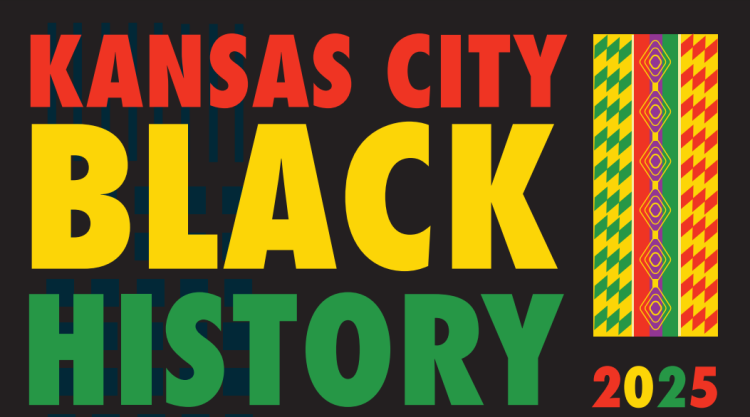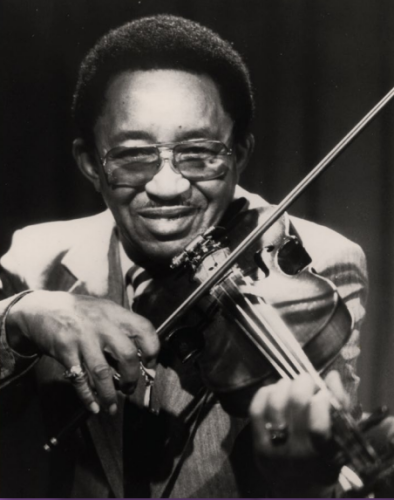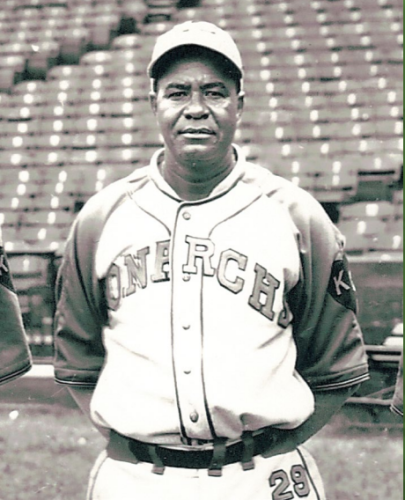Kansas City Black History Project Recognizes Trailblazers Who Shaped City’s History

This article first appeared in the February 14, 2025, edition of The Kansas City Call.
The origins of Black History Month date back nearly a century.
Historian and author Carter G. Woodson designated a week in February 1926 as an opportunity to research Black history and the contributions of Black men and women. Since the mid-1970s, celebrations have expanded to the entire month.
In 2010, the Kansas City Public Library, Black Archives of Mid-America, and Local Investment Commission (LINC) started the Kansas City Black History Project to highlight the stories of area residents during Black History Month, including activists, athletes, educators, entrepreneurs, and musicians. Each year, they produce and distribute free booklets, posters, and calendars with new biographies of Kansas Citians.
Carmaletta Williams, CEO of the Black Archives, describes the project as spotlighting “the Black folk who helped to build Kansas City, and to share their footprints and to honor them because so often our history becomes invisible.”
More than 80 extended biographies, as well as remarks by Black community leaders, are now archived on the Library’s Kansas City Black History website.
“Black history is American history,” wrote U.S. Rep. Emanuel Cleaver II, who represents Missouri’s fifth district, in the site’s introduction.
“The vast number of accomplishments Black Americans have contributed to our society may be too great to be appreciated for only a month, but it is important that we use the month of February to keep the legacies of those who came before us alive and well.”
Six notable figures are featured in the 2025 Kansas City Black History booklet who, as the introduction explains, “have not only excelled in their respective fields, but they’ve paved the way for others to succeed.”

For example, painter Henry Ossawa Turner is considered the first African American artist to earn international acclaim, and violinist Claude “Fiddler” Williams performed with jazz musicians such as Mary Lou Williams, Nat “King” Cole, and Count Basie.
Each February, when the new booklets are placed on a table at the Black Archives, Williams says they quickly disappear.
“People want to see their history memorialized,” she says. “And I think what’s so good about this project is that people know these folks. They’re not like 300 years ago. They’re people that they know and recognize and know their stories, which brings it even closer to home.”
The project provides an opportunity to highlight the contributions of “not only prominent Black Kansas Citians but also those whose accomplishments are lesser known to the general public,” says Jeremy Drouin, manager of the Missouri Valley Special Collections at the Central Library.
“Many people are familiar with Negro Leagues greats such as Satchel Paige, Wilbur Rogan, and Buck O’Neil,” he says, “but perhaps less so with the career of Kansas City Monarchs player Frank Duncan.”

Duncan not only played with the Monarchs in the early 1920s, Drouin says, but “later managed the club to a World Series title and was Jackie Robinson’s first professional manager, before the young shortstop made history by breaking Major League Baseball’s color barrier in 1947.”
Other individuals recognized in the 2025 booklet: Jeremiah Cameron, an educator, civil rights advocate, and Kansas City Call columnist; Julia H. Hill, a teacher and school administrator, who served as Kansas City NAACP president; and Anne Thomas, an advocate for desegregation and public education, and the first Black board president of the Kansas City YWCA.
“My hope is that the Kansas City Black History project inspires future generations to pursue excellence in whatever field they choose,” says Drouin, “and to have an appreciation for the trailblazers before them who, despite racism and other obstacles, persevered and helped shape our city’s history.”
Williams says she values the Black Archives' ongoing partnership with the library and LINC.
“I think they also are showing their commitment to a complete community," she says, "and not just some parts of it.”
The 2025 Kansas City Black History booklets are available at Kansas City Public Library branches and Black Archives of Mid-America at 1722 E. 17th Terrace, Kansas City, Missouri. Additional copies of the booklets, posters, and calendars are available to download – or to order – through LINC at kclinc.org/blackhistory or by email at communications@kclinc.org.